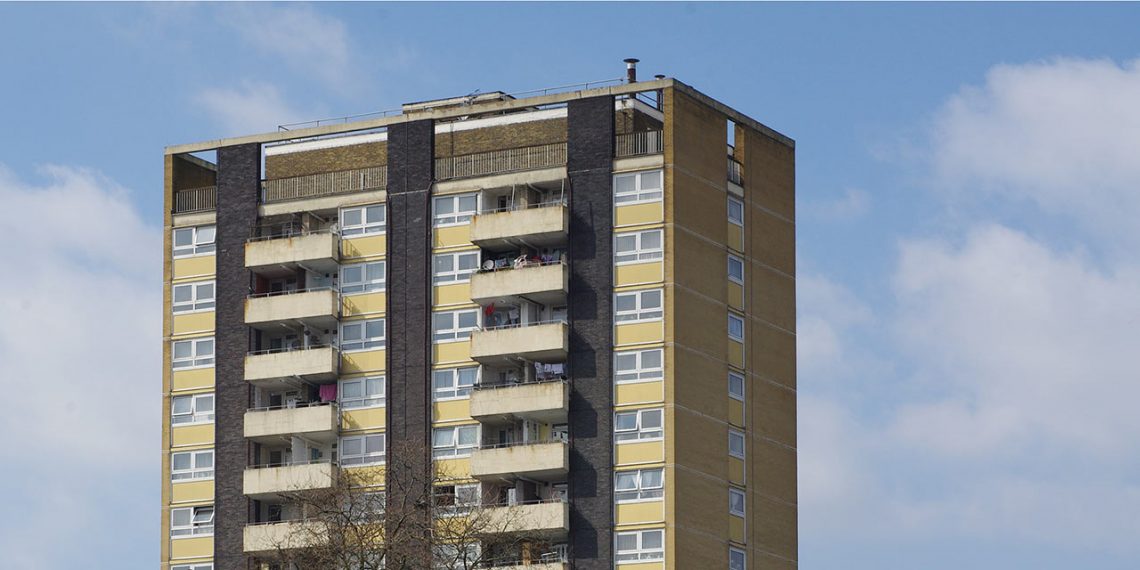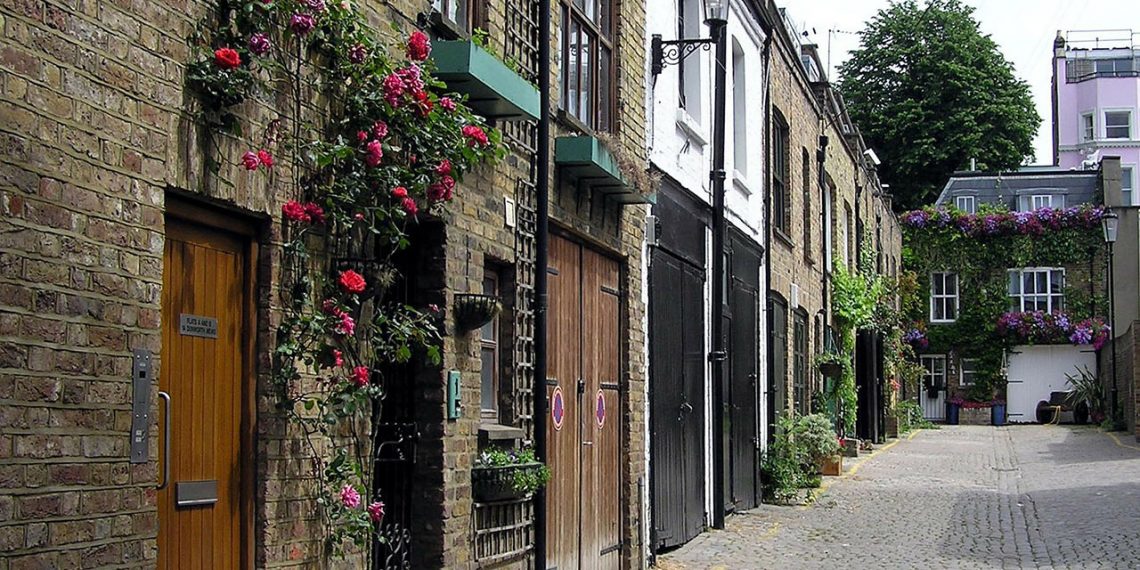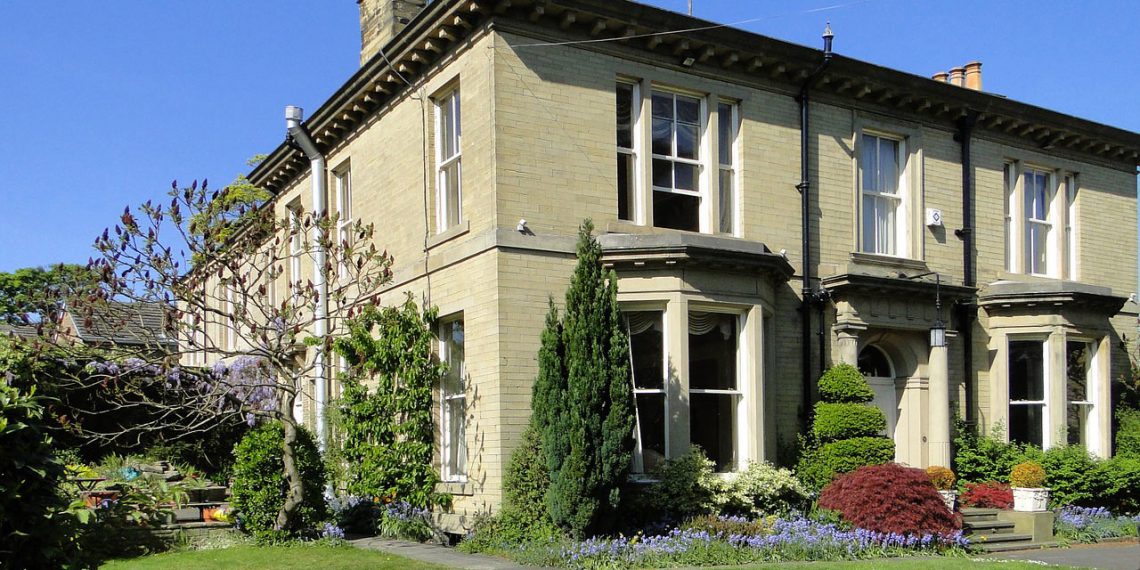Starting out
If you can apply to buy your freehold, i.e. enfranchise, as with extending your lease, the most crucial time is before your leases drop below 80 years. Below 80 years, the level of premium paid for the freehold increases and you share any profit (marriage value) with the landlord.
In order to start the process you should consider the following before consulting either a solicitor or surveyor:
- How many flats are there?
- How many tenants wish to join in?
- Does any one own more than 3 flats and for non-qualifying tenants?
- How long is left on the lease and the level of ground rent payable?
- Summarise the size and type of the flat (floor area or basic room details)?
- Summarise its location.
- Consider the type and nature of building – is it new or old, purpose-built .
- Is there appurtenant land such as outbuildings, gardens or garages?
- Know the name of your landlord.
- Are you aware of any planning applications made in relation to the property?
- Are you aware of any management issues or service charge dispute?
- Be clear about the purpose of your valuation.
Only once you have this information ask your adviser to provide you with a quotation: be aware there are informal valuations (generally provided by an estate agent); desktop valuations (valuations undertaken without inspection); and formal valuations (a full inspection that should be accompanied with a full written report that is compliant with the RICS regulations), such as:
- Property Location and Description
- Property Accommodation
- Property Condition and Development Potential
- Planning History and Council Tax
- Property Tenure Summary
- Factors Affecting Value
- Property Photographs
- Schedule of Comparable Property Evidence
- Valuation Premium Schedules
Each valuation will have a different fee level charged, but as this is possibly your second largest transaction on the flat (or may be the largest in the case of short leases) there should be a more behind your decision than the fees: that getting the right advice is more crucial to you than the cheapest quotation for the valuation.
Choosing Your Advisers:
You need to prioritise not just on the cost of advice alone.
You should firstly consider their:
- Knowledge of the law.
- Experience of litigation particularly at FtT (First-Tier Tribunal).
- Area of expertise – geographical as well as the legislation.
- Experience of dealing with your landlord – particularly if this is one of the Central London estates or private landlords, such as Freshwater.
For Solicitors:
You should also consider their:
- Knowledge of Company Law and Participation Agreements.
- Ability to grant new leases; deal with the Notices; and any applications required.
For Surveyors:
You should consider:
- Are they a specialist?
- Are they prepared to offer an initial consultation without charge?
- Are they able to work to your timescales?
- What service do they offer? – for example a desktop valuation advice or formal advice by way of inspection and valuation only?
In relation to the surveyor, dependent on your circumstance, your needs will be different. If you are selling – maybe all you need is an indication of price (this is known as a desktop valuation). If you are definitely proceeding then you should obtain a formal valuation. That advice should provide you with a range of values to allow for the best and worst case scenarios. Always budget on the worst case scenario.









